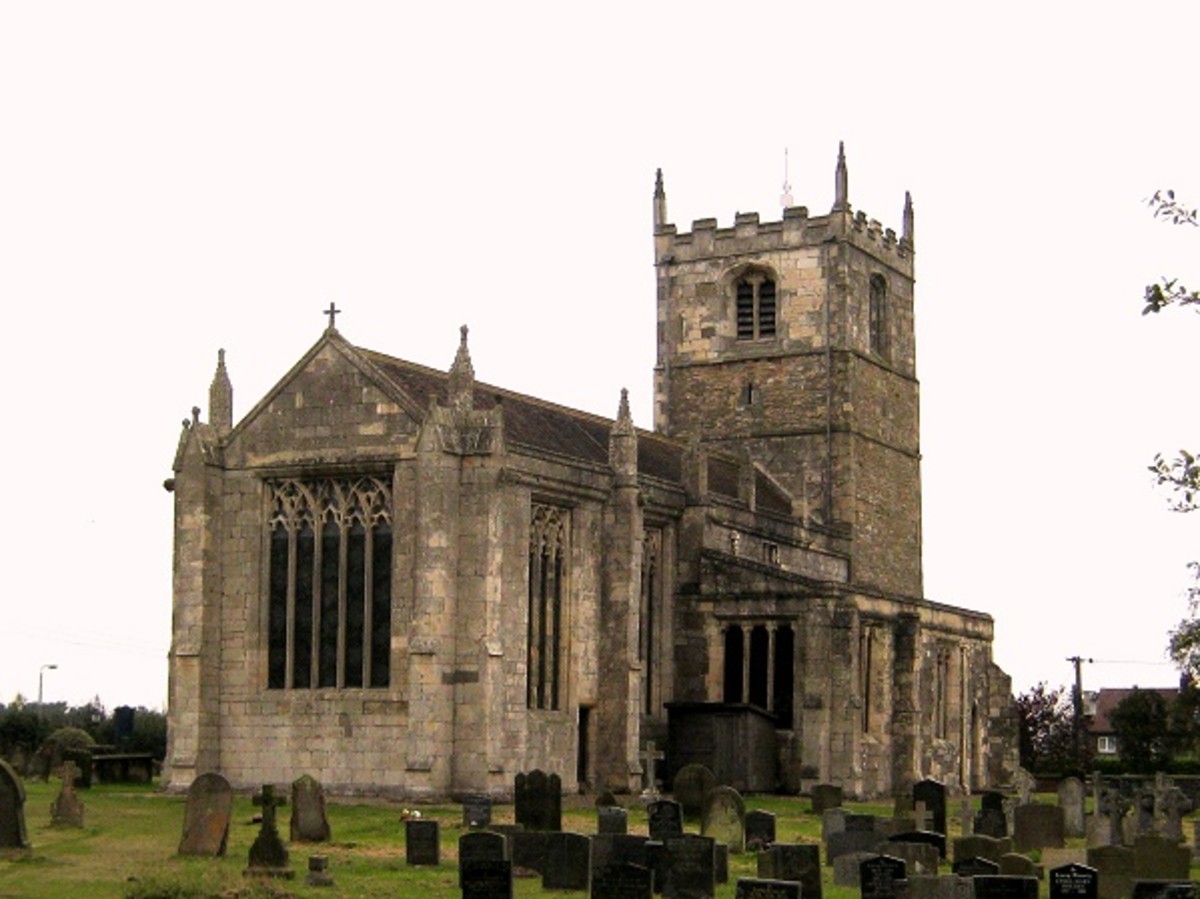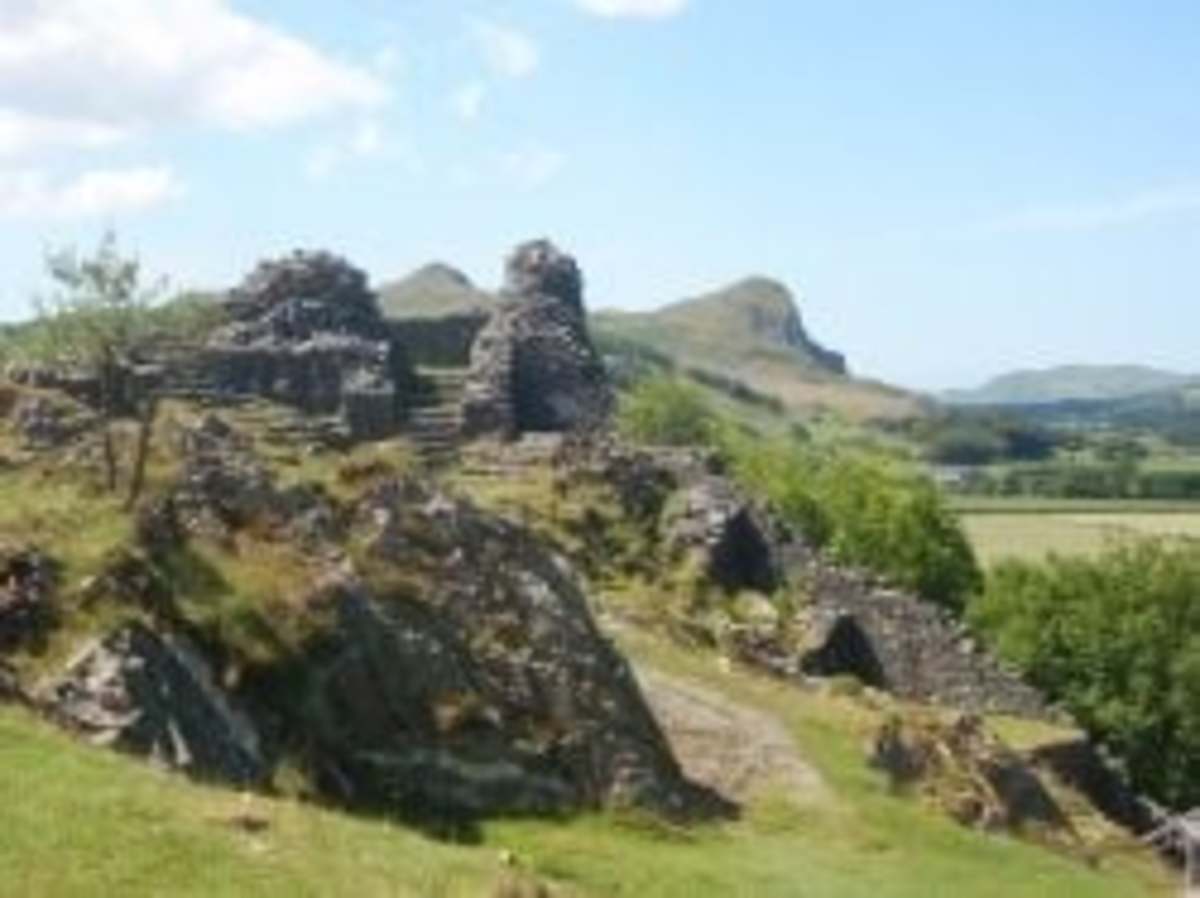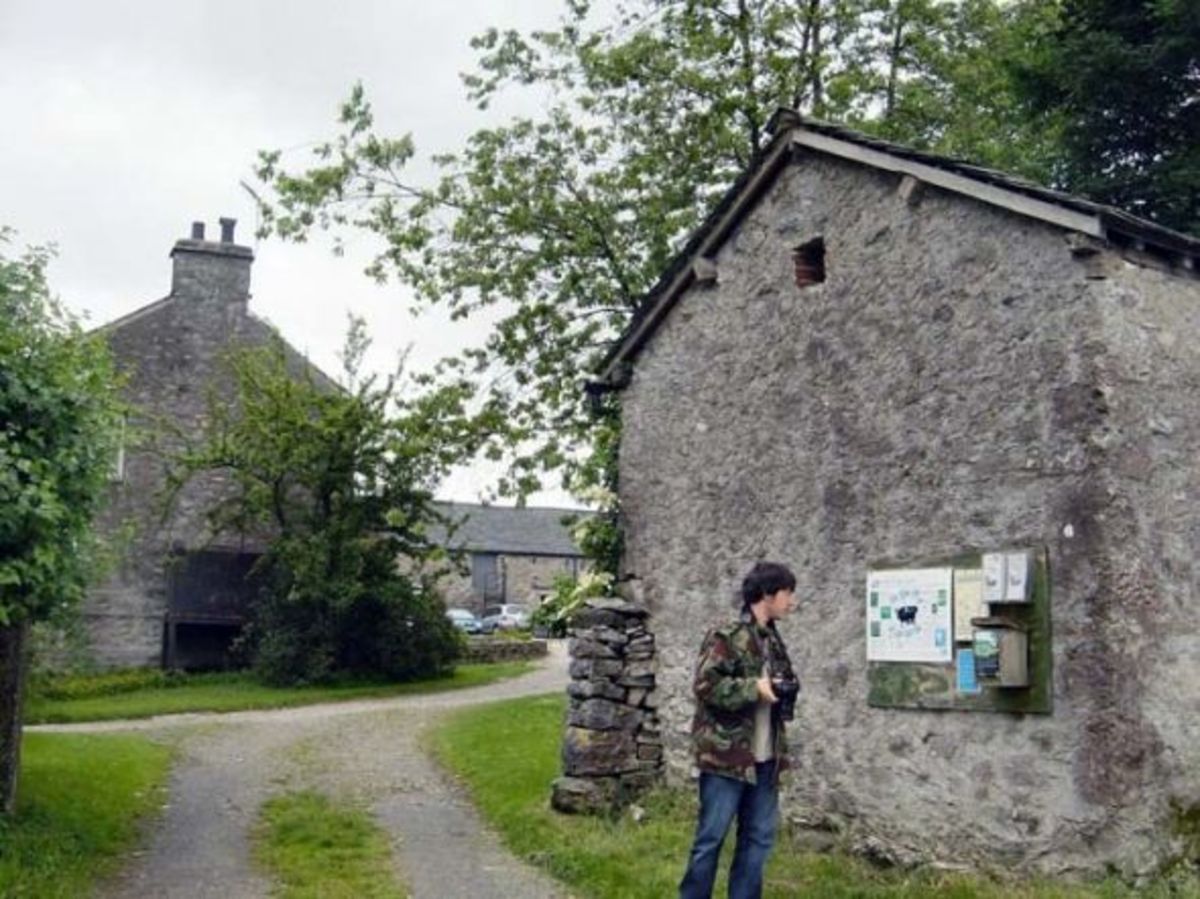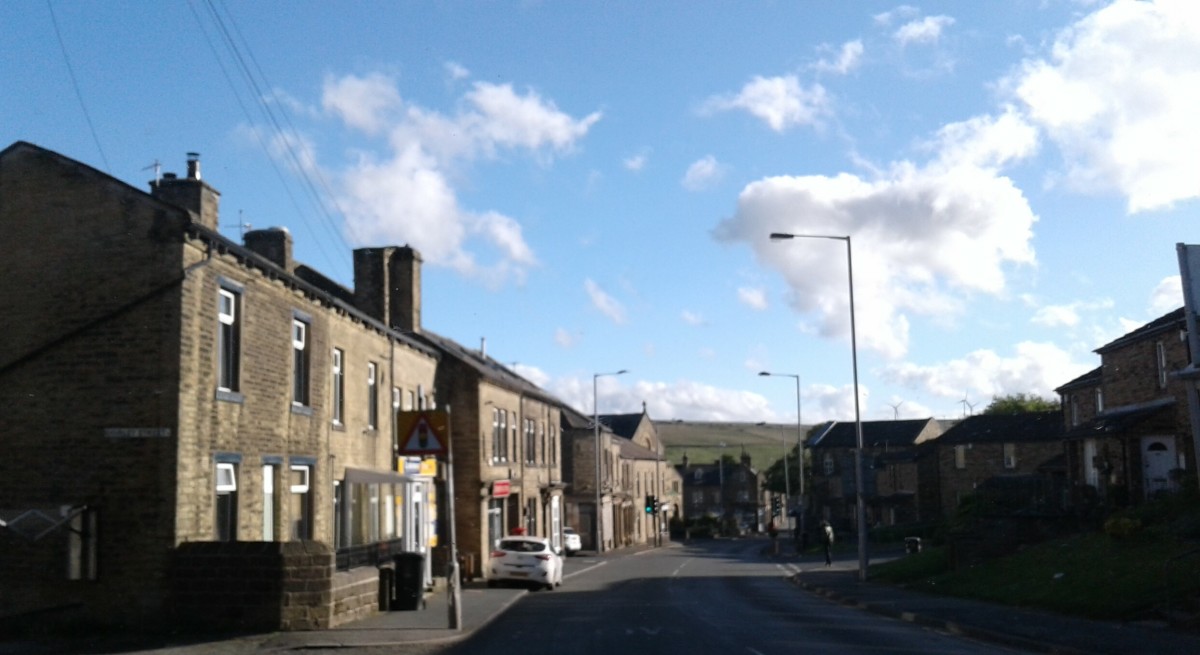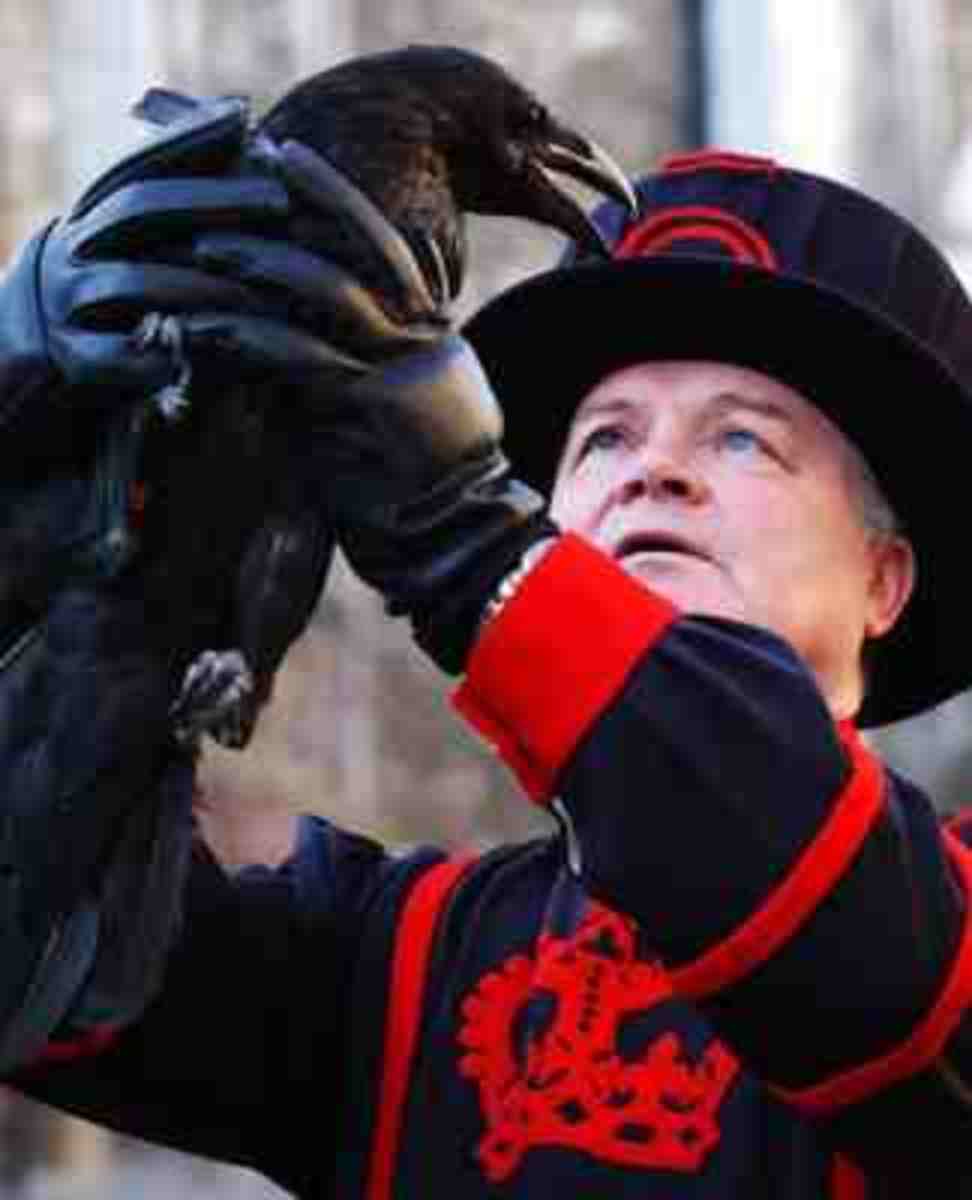- HubPages»
- Travel and Places»
- Visiting Europe»
- United Kingdom
CJ Stone's Britain: To Hull and Back (Hull)
'No estuary is as headstrong, as wild and treacherous, or as breathtakingly spacious as the Humber'
Guardian Weekend March 28 1998
Previous story
- CJ Stone's Britain: Hops and glory (Burton-on-Trent)
Once, Burton-on-Trent meant beer, and beer, Burton-on-Trent. Where better, then, to down a pint? The Guardian Weekend February 7 1998
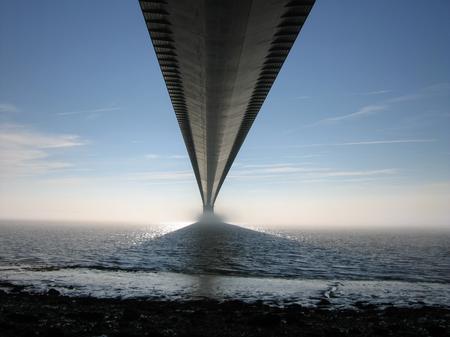
Taking sides: The Humber Bridge was supposed to unite Yorkshire and Lincolnshire. But it was never a happy union, rather a marriage of convenience
Hull is not a city. It’s not a town. It’s not a village, or a hamlet, or a borough, or a parish, or a county. Nobody lives there. It’s a river.
The actual, official name of the city is Kingston-upon-Hull, a name deriving from the fact that Edward I bought a Hull-side village in 1293 and called it Kingston. Its status as a Royal borough was confirmed by charter in 1299. But from the earliest times it was known as the port of Hull, later just Hull. You wonder why. It would be like calling Burton-on-Trent “Trent” or Stratford-upon-Avon “Avon”. The answer is simple. It’s a great name. There’s any number of Kingstons about (and quite a few Burtons and Stratfords) but only one Hull.
It’s singular in other ways too. Hull is the only British city that runs its own telephone company. It costs the same as anywhere else to ring out of Hull. But for internal calls there’s a flat-rate. Five-and-a-half pence for an unlimited call. People in Hull are noticeably more leisurely on the phone. It’s good to talk.
I first visited the city in the summer of 1976, originally just for the weekend. I’d gone there to visit Graham, an old friend from Birmingham. Somehow I got stuck. I was still hanging about the following spring. We lived in a squat off Princes Avenue, within walking distance of the Polar Bear, a pub where most of the bohemian types hung out at the time. Well I fancied myself as a poet, so I was right at home in the Polar Bear. Not that I ever wrote any poetry, you understand. But it was a better sounding job-description than having to admit I was on the dole. Coincidentally, it made for a slicker chat-up line too. The constellation of streets around Princes Avenue, Beverley Road and Spring Bank still mark out the bohemian area of the city. Princes Avenue, in particular, looks exactly the same in 1998 as it did in the mid-Seventies. Graham described it as a hippie museum. “You see all the same people you always saw, doing exactly the same things, and at the same time of day,” he said.
In those days it was the principle city in the artificial – and now defunct –county of Humberside, consisting of Hull and the East Riding of Yorkshire to the North, and north Lincolnshire to the South. It was never what you would call a happy union. Lincolnshire people and Yorkshire people, historically divided by that huge natural barrier, the Humber estuary, never really got to know each other. It was a marriage of convenience, as it were, a bureaucratic shotgun wedding. There were very few tears when the divorce came through in 1996.
The Humber bridge was supposed to have solved all that by bringing the two sides together. At the time it was the largest single-span bridge in the world. But it always seemed slightly pointless somehow, aside from its sheer scale and beauty, carrying insignificant amounts of traffic from one physical dead-end to another. Building work began in 1972. They were still working on the southern tower when I arrived. Later, I moved over to the South Bank, where I lived until 1981. That was also the year when the Queen opened the bridge. In between time, there was a regular ferry, which ran from the city of Hull to the village of New Holland.
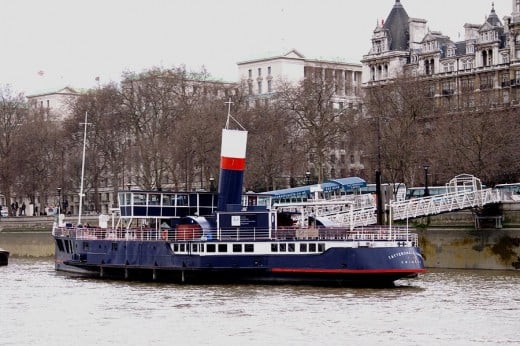
'No estuary is as headstrong, as wild and treacherous, or as breathtakingly spacious as the Humber'
I used to love that ferry. There were actually two of them, one an hour from either side, crossing and re-crossing, and passing each other in the middle. One of them was an ordinary Isle-of-Wight type ferry. The other was the Lincoln Castle, and it was the last working paddle steamer in the British Isles. It was the most gorgeous thing, with these enormous paddles milling round at the sides, churning the silt-laden waters of the Humber into yellow foam. The Lincoln Castle finished work in 1978, when the engine blew up. It is now situated in Grimsby. Her sister-ship, the Tattershall Castle, which had been retired sometime before, is on the Embankment in London.
I think my love affair with Hull was really a love affair with the Humber. Research, on this trip, consisted of sitting on the dock where the Lincoln Castle used to set sail and looking out across its wide, brown, wind-ruffled expanse.
I’ve lived on several estuaries, but none is as headstrong, as wild and treacherous, or as breathtakingly spacious as the Humber. And, of course, it is the importance of the estuary, half-way between London and Scotland, and fed by major rivers from Yorkshire and the Midlands, which explains Hull’s existence as one of the principle ports in Britain.
It’s of huge strategic importance, too, a fact that was not lost on Charles I, immediately prior to the English Civil War. Hull’s arsenal was only second to that in London. Charles arrived at Beverley Gate, on the city’s perimeter, on April 23 1642, demanding entry. He was turned back by the Governor, Sir John Hotham, on the orders of Parliament. It was a moment of open defiance by a city proud of its puritan tradition.
Graham and I were working as archaeological diggers while I was living there. For this we earned £8 per week on top of our dole money. And, being diggers, we naturally sided with the Diggers of history.
One day we were drinking in the Old White Hart Inn in The Land Of Green Ginger – this is actually the name of a road in the Old Town – when a bunch of historical re-enactment characters turned up in full Cavalier costumes, with ruffs and feathers and wide, floppy-brimmed hats. Graham said, “I don’t know what you’re doing here dressed up like that. We turned you lot back at the Beverley Gate a long time ago.”
“When Adam delved and Eve span, who was then the Gentleman?” we quoted. Later we found out we found out that this was, in fact, a quote from the Peasants Revolt. Well, it sounded like a Puritan slogan. And we were only 300 years out in our calculations.
And meanwhile, I was busy singing To Be A Pilgrim, just to emphasise the point. Not that I was ever really a Puritan, you understand, any more than I was ever a poet. Puritanism was just a last resort, when all the chat-up lines had failed.
- CJ Stone's Britain
CJ Stone’s Britain was a series of travel columns which appeared in the Guardian Weekend Travel section between October 1996 and March 1998. It followed on from the very popular Housing Benefit Hill column which had appeared in the same magazine for

© 2011 Christopher James Stone

